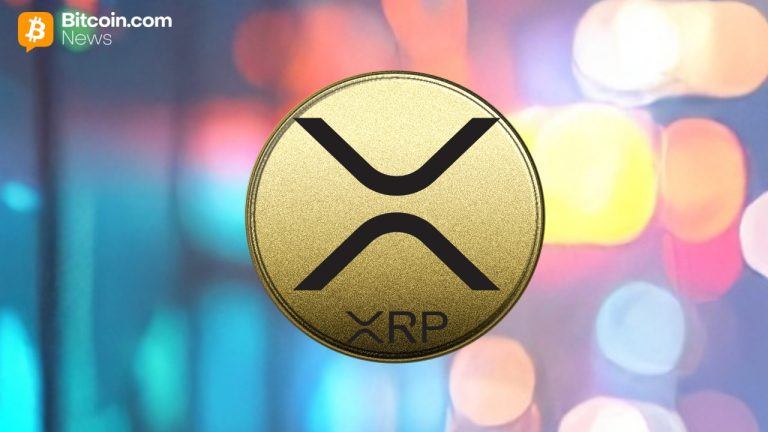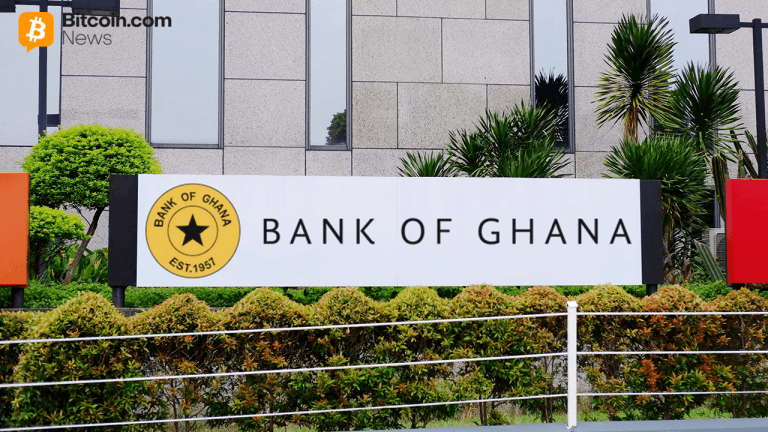KEY TAKEAWAYS
- Uniswap Labs and the Uniswap Foundation propose activating protocol fees to enhance the Uniswap ecosystem.
- The proposal includes burning UNI ($9.56) tokens and launching Protocol Fee Discount Auctions to boost liquidity provider returns.
- Uniswap aims to unify efforts for growth by transitioning Foundation teams to Labs and setting interface fees to zero.
Uniswap Labs and the Uniswap Foundation have jointly proposed a governance initiative aimed at activating protocol fees and aligning incentives within the Uniswap ecosystem. This proposal, detailed here, seeks to position Uniswap as the leading decentralized exchange for tokenized value.
Having processed approximately $4 trillion in volume, Uniswap has faced legal and regulatory challenges, particularly in the United States. The proposal comes at a pivotal moment for decentralized finance (DeFi), as decentralized trading platforms begin to rival centralized exchanges in performance and scale.
Key Components of the Proposal
The proposal outlines several strategic initiatives to enhance the Uniswap protocol’s operations. These include turning on protocol fees to burn UNI tokens, directing Unichain sequencer fees to the same burn mechanism, and launching Protocol Fee Discount Auctions (PFDA) to improve liquidity provider (LP) returns. Additionally, Uniswap v4 will be transformed into an onchain aggregator to collect fees from external liquidity sources.
To address past missed opportunities, the proposal suggests a retroactive burn of 100 million UNI from the treasury, representing the amount that could have been burned if fees had been active from the start. The technical implementation involves using adapter contracts to channel fees into an immutable onchain contract called TokenJar, with UNI burned through a smart contract named Firepit.
Unifying Efforts for Growth
The proposal also aims to unify the efforts of Uniswap Labs and the Uniswap Foundation. By transitioning Foundation teams to Labs, the focus will shift towards protocol growth and development. This includes setting interface, wallet, and API fees to zero to enhance competitiveness and drive more volume to the protocol.
Furthermore, the proposal suggests creating an annual growth budget of 20 million UNI, distributed quarterly starting in 2026, to fund protocol growth and development. This budget will be governed by a service provider agreement between Labs and DUNI, ensuring alignment with token holder interests.
Overall, the proposal seeks to solidify Uniswap’s position as a leading decentralized exchange by enhancing its fee structure, unifying development efforts, and focusing on long-term growth strategies.
Why This Matters: Impact, Industry Trends & Expert Insights
Uniswap’s recent governance proposal aims to activate protocol fees and streamline operations to enhance its position as a leading decentralized exchange. This initiative is significant as it seeks to unify efforts across the Uniswap ecosystem and align incentives through strategic financial mechanisms.
Recent industry reports indicate decentralized exchanges are experiencing rapid growth, with trading volumes doubling over the past 18 months. This aligns with Uniswap’s proposal as it aims to enhance its fee structure and operational efficiency to capitalize on this market expansion.
As per insights from a RootData report, the proposal positions Uniswap to become foundational infrastructure for digital value transfer. This supports Uniswap’s strategic priority to scale network supply and demand, enhancing its competitiveness in the DeFi sector.
Explore More News:
- KuCoin Lists Janction (JCT) for Spot Trading on November 10, 2025
- KuCoin to List aPriori (APR) on Spot Trading Platform
- Stellar Development Foundation Addresses Data Corruption Bug in Soroban Feature
The post Uniswap Proposes Governance Changes to Enhance Protocol Growth and Fee Structure appeared first on CoinsHolder.


























 24h Most Popular
24h Most Popular






 Utilities
Utilities